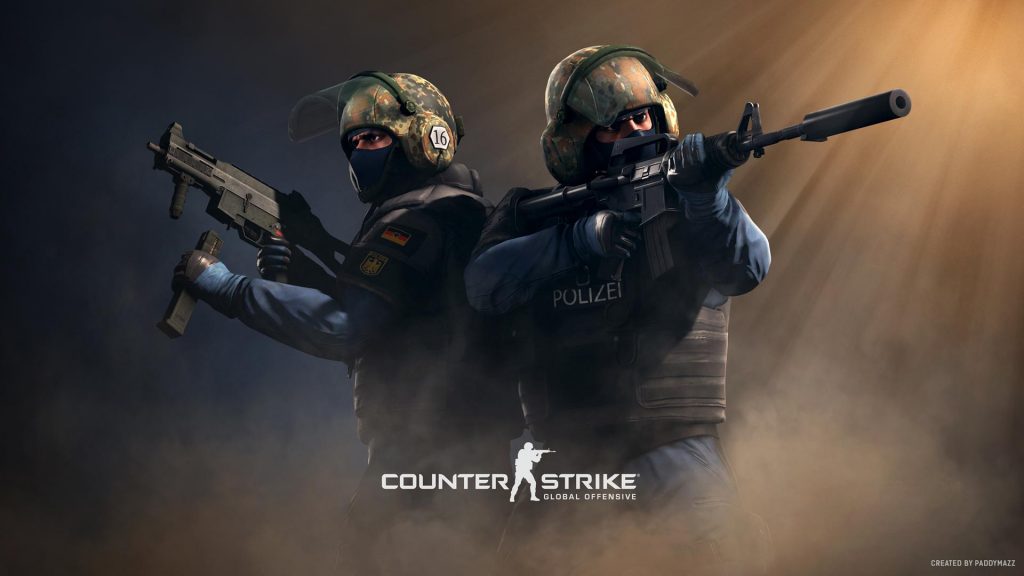Introduction
Trust Factor is a feature in Counter-Strike: Global Offensive that gives players an indication of how trusted they are, based on their performance and behavior. It helps players improve their CS:GO skills by giving them suggestions for new maps, weapons, or game modes.
Trust Factor can also work against you if your behavior is not up to scratch; for example, if you get reported for cheating/breaking the rules more than once every 24 hours, it may lower your trust factor even though you may be playing perfectly within the rules. In this article, we will discuss the csgo trust factor boost how to not get to trust factor hell, and to get the most fun from playing with friends.
What is CSGO Trust Factor?
CSGO Trust Factor boost is a numerical value that determines the risk of dealing with a player. It’s calculated by a combination of factors, including
- The number of times you have been reported or banned
- Your win percentage in competitive matches (that is, how many rounds your team won)
- The general state of your account – are you a positive and active member of the steam community
- it define how trusted is your account and what players you should play against to get you the best experience possible.
How the Algorithm Works.
The Algorithm is a combination of all these factors and more, using a weighted average to determine your rank. The higher the number of hours you play, the more accurate it will predict your future skill level. The more reports you receive, the better precise it will predict your future skill level. Your reputation affects how much influence you have with teammates and other players on CS: GO servers, which can help you get better at playing. The algorithm idea is to define what enemies you should encounter to give you the best-playing experience possible.
How to improve your Trust Factor in CSGO.
Steam did not announce the general list of the factors however the defined the general idea of Trust Factor features that affect its value. One of the most important things you can do to improve your csgo Trust Factor boost is to play more games. Playing with a team, even if it’s just one person, will help make you feel more comfortable and get used to being around other people. It also gives you time to learn from mistakes, essential for improving your game skill and overall trustworthiness as an individual player in CSGO.
As far as being a positive teammate goes: don’t rage quit! If someone has been playing against your team for 10 straight rounds without any kills or deaths (or even just one kill), chances are they’re going to be very frustrated by this point—and maybe even angry at themselves too! They might be feeling like they should’ve won already; meanwhile, their teammates are wondering why they aren’t helping out more effectively during these crucial moments of battle…and then suddenly we all lose because no one was willing or able enough to keep up their end of things? No thanks! When possible try talking things out calmly before getting frustrated but if all else fails then remember there’s always something worse than losing: namely losing because someone got kicked or banned from continuing playing together until everyone had calmed down enough so everyone could communicate again without having any negative consequences fall upon them due either way.
You can improve your CSGO Trust Factor
- You can improve your CSGO Trust Factor boost by simply playing the game.
- You can also improve your trust factor by playing with friends, or people you know.
- being a positive part of the community is the best way to start.
Conclusion
We’ve covered some of the basic concepts behind the csgo trust factor boost system, but there are still many unanswered questions that we would like to address. One thing is clear: The more we understand CSGO’s trust factor boost algorithm, the more powerful our understanding of this new way of gaming can be. We hope you enjoyed reading this article!
